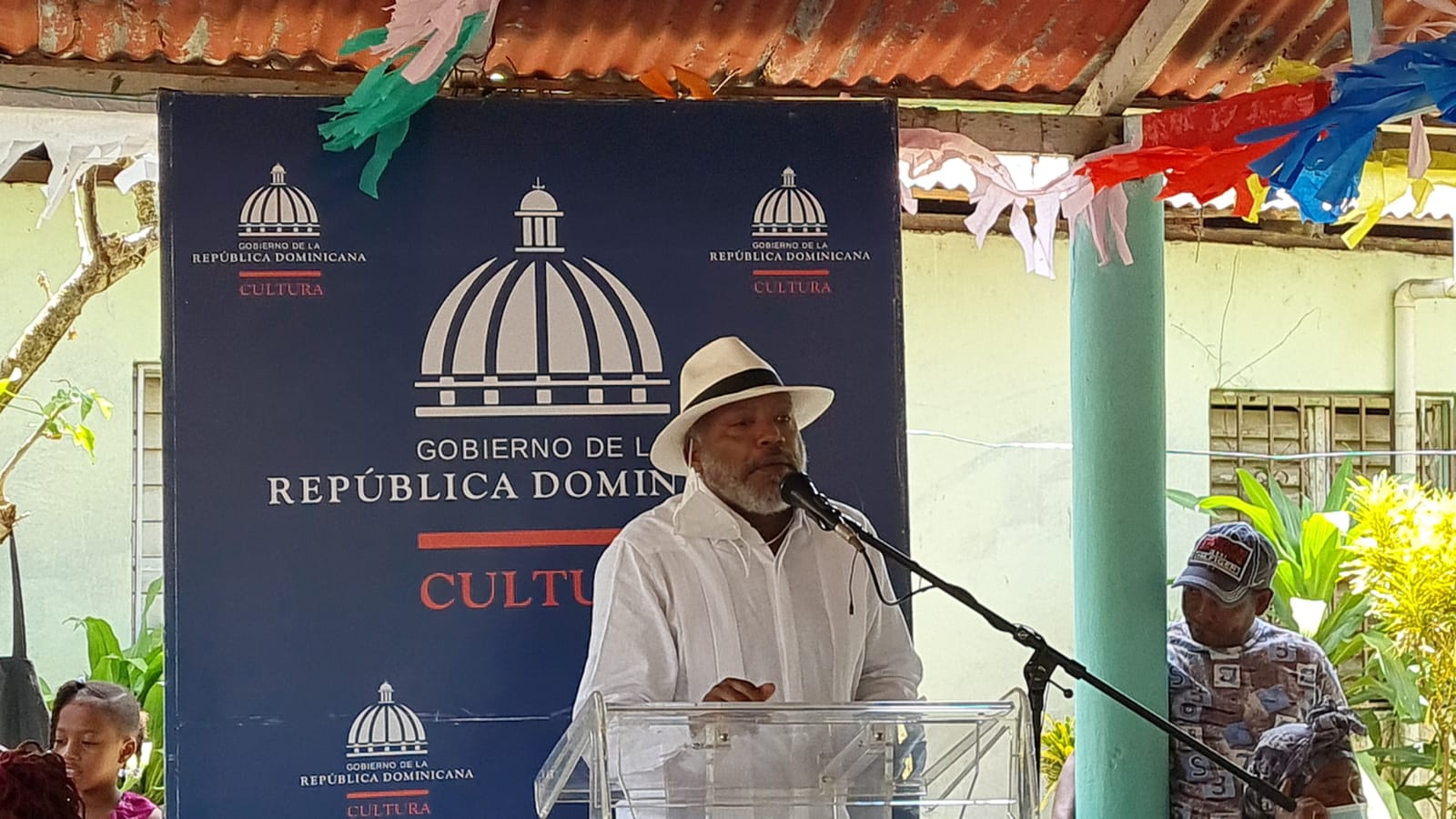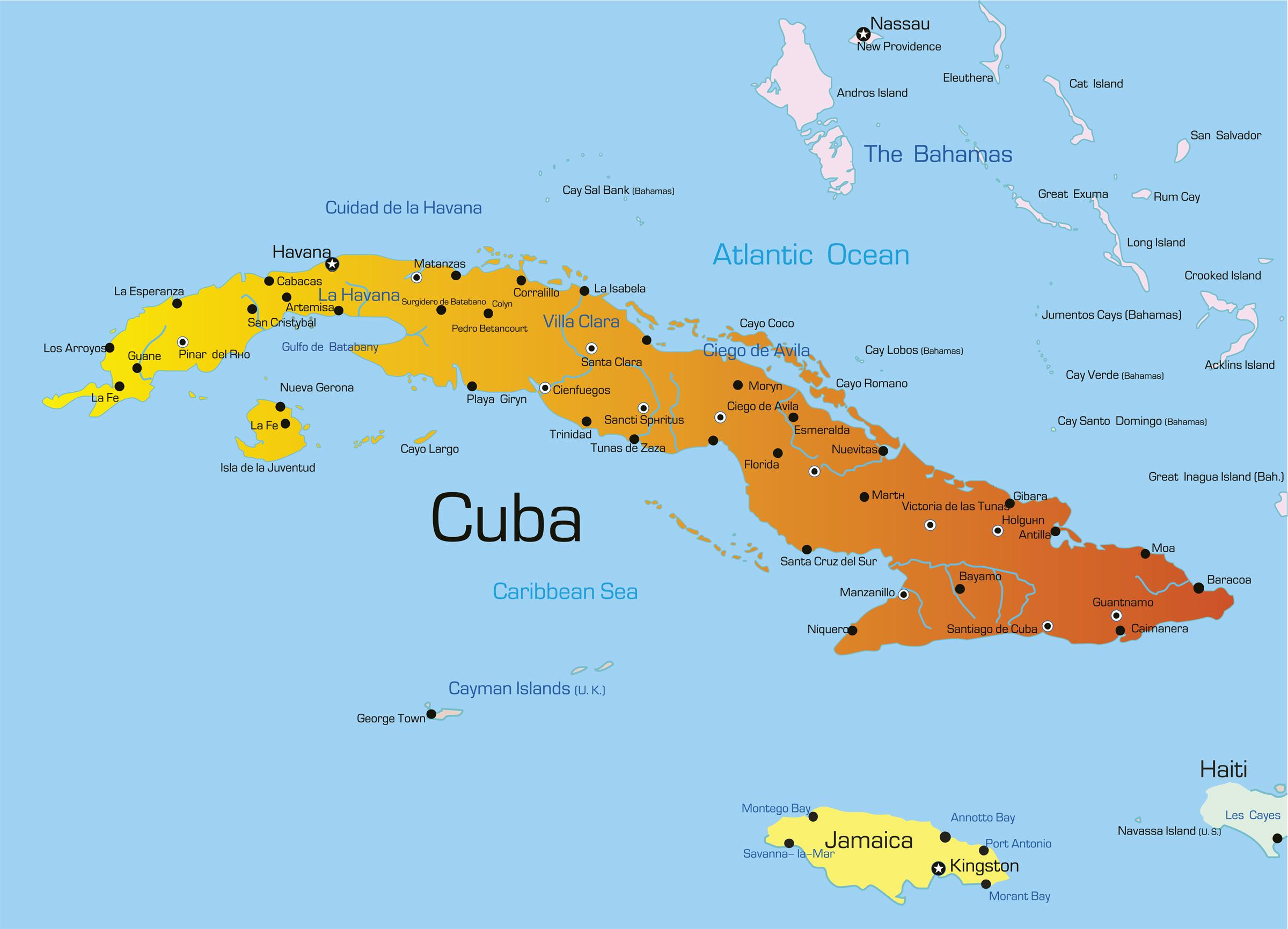UCC puts $3b price tag on university town development
Published: Friday | October 22, 2021 | 12:09 AM Karena Bennett - Business Reporter
Executive Chairman of UCC Group Winston Adams.
A plan by the University of the Commonwealth Caribbean, UCC, to develop a university town some six years ago is finally gaining traction, with the groundbreaking slated to take place on completion of UCC’s listing on the Jamaica Stock Exchange next year.
The development cost is about US$20 million ($3.060 billion), founder and Executive Chairman of the UCC Dr Winston Adams said, and will include facilities for technical and vocational training for global students, a public library, varied residential and shopping areas, banks, restaurants, cultural and creative arts facilities, and government agencies.
Thirty acres of land in Ironshore, Montego Bay, has been identified as the location for the town, which will be named Caribbean Knowledge City. The preliminary process for the land acquisition has begun, Adams told the
Financial Gleaner in an interview on Wednesday, which is expected to be a US$11-million ($1.7-billion) deal.
The development plan awaits planning approvals, but for now is designed to accommodate up to 5,000 students using shared academic services, while the residential facilities will hold up to 500 students.
The town will mimic globally established knowledge communities such as the Dubai International Academic City.
“It’s really a location that will allow us to export education, whether through laboratory research, technological innovation, and so on. The UCC will identify international partner universities that might have an interest in co-location within the university town. We are looking to engage with some five or six accredited institutions of higher education,” Adams said.
Universities out of the United States, Canada, Qatar and United Kingdom are being approached by UCC regarding potential partnerships, with the help of investment promotion agency Jampro.
“The marketplace is no longer Jamaica, it is now global, and we want to be able to attract international students not just online, but physically,” he added.
UCC’s university town development is back at the top of the institution’s to-do list following the acquisition of Jamaican real estate franchises REMax Elite and REMax Jamaica by Spectrum Capital Partners St Lucia Limited, A UCC subsidiary, from Marquis Holding Limited on October 15, 2021.
The deal included the business, expertise and intellectual properties of REMax Elite, a realty company that has been operating in Jamaica for 12 years, and three commercial real estate properties in Kingston and Montego Bay held under REMax Elite.
The acquisition of REMax Jamaica regional franchise portfolio is still pending closure, Dr Adams said, but on completion, will allow UCC to increase REMax franchises offices in Jamaica from two to six.
“UCC REID itself will operate at least 75 per cent of the franchises in Jamaica, while the remainder will be operated under contract arrangements. While we seek to expand the offices in Jamaica, we will also be expanding REMax Elite services to four Caribbean countries to include Barbados and the Dominican Republic,” he said.
The acquisition price has not been disclosed.
REMax Elite and REMax Jamaica join the portfolio of the UCC Real Estate Investment and Development, or UCC REID, the real estate and property arm of the UCC Group launched in March 2020 to develop additional campuses across the Caribbean, and to spearhead the group’s residential and commercial developments in Jamaica.
Months before the acquisition, the institution had restructured its operations to include the launch of two new subsidiaries, Spectrum Capital Partners and the UCC Business Development and Consulting Institute, with the aim of providing synergistic services for its student body, many of whom are entrepreneurs.
“It’s all a part of the vertical integration of the UCC Group. Our intention is to bundle all of the services under the group and to offer registered students a discount on real estate needs,” said Adams. “Eventually, we want to get into mortgage financing and business financing through Spectrum Capital.”
The buildout of the Caribbean Knowledge City will be done through UCC REID.
UCC Group engaged the services of brokerage house and advisory firms Mayberry Investments Limited and the Jamaica Money Market Brokers Limited for the acquisition deal. With 90 per cent of that transaction now completed, Adams said, UCC is now focused on getting listed in 2022 and thereafter, REMax Elite and REMax Jamaica.
Proceeds from UCC initial public offering of shares, he said, would support the construction of the university town; while capital raised from the second offering will go towards expanding REMax in Jamaica and the Caribbean.
“That’s just one source of financing,” Adams said of the equity raise. “We are looking at multiple [sources].”
UCC intends to rename Marquis Holding, which holds the REMax Jamaica franchises and was acquired from David Dixon, Richard Oliver, Nicola Anya Levy and Faith Downie, and will appoint a new board of directors for the real estate business. Two of the directors of Marquis Holding will remain of the board of the new company.
UCC puts $3b price tag on university town development







